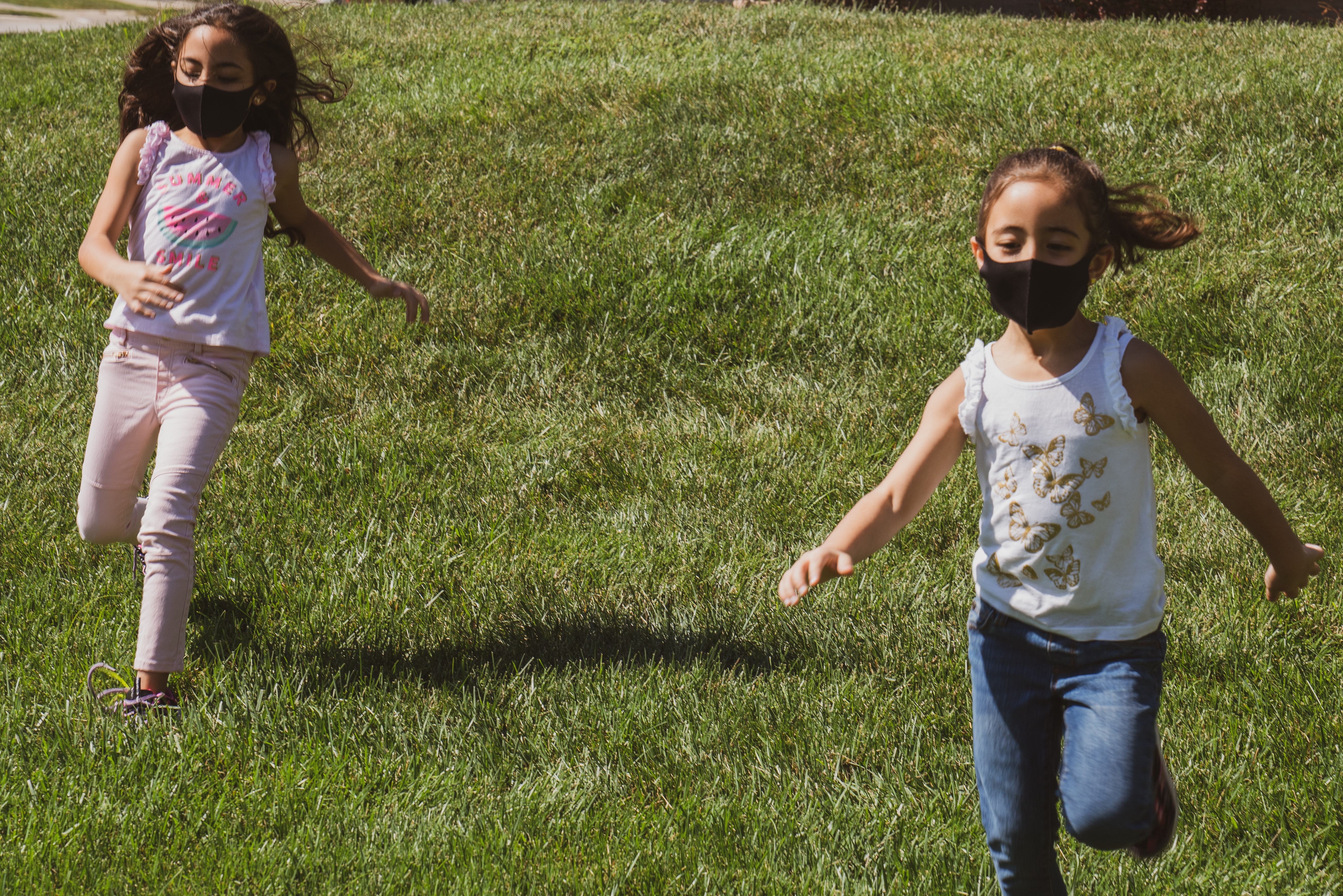Now is the time to check in with the young people in your family, neighborhood, sports teams, and faith organizations. Look out and keep your ear tuned for signs that they are struggling.
Ask young people how they are feeling. Some words you might hear are “depressed, down, worried, anxious, nervous, mad, upset, hopeless.” These words and statements may mean they (young person) need more support to handle the emotional needs of the time.
Adolescents and young adults hide their struggles because of fear, shame, or trying not to burden others. Younger children may not have the words to describe their feelings but may have more changes in their behavior.
The signs and symptoms of mental health concerns are not the same for everyone. Some common symptoms include:
Infants, toddlers, and young children:
- Fussiness and irritability, startling, and crying more easily, and more difficult to console.
- Falling asleep and waking more during the night
- Feeding issues, more reflux, constipation, diarrhea, or new complaints of stomach pain
- Separation anxiety: clinging to caregivers, withdrawn, or lack of exploring
- Hitting, biting, frequent or intense tantrums
- Bedwetting after being potty trained
- Conflict and aggression or play themes that include illness or death.
Older children and adolescents:
- Changes in moods: ongoing irritability, feelings of hopelessness or rage, frequent conflicts with friends and family.
- Withdrawing from personal relationships. Are they texting or chatting with friends?
- A loss of interest in preferred activities: have they stopped athletic, artistic or other pursuits
- Changes in weight or eating patterns
- Problems with memory, concentration, or thinking
- Less interest in school work or a drop in academic performance
- Changes in appearance, lack of personal hygiene
- Use of substances including drugs and alcohol
- Thought of death or suicide or talking about suicide or death
My kid needs help! Where do I start?
The best first step is with your physician or pediatrician. Pediatricians can screen for depression and anxiety. It’s important to give older children and adolescents as much privacy as possible. The first step in any evaluation is to rule of physical causes. Make sure your kids are receiving their regular preventative medical care.
Pediatricians can offer helpful parenting tips to help build resilience or make referrals to mental health providers. If your child is at risk for suicide please take this concern seriously and take action. Make your home safe from “means” to complete suicide. Take measures to secure or remove guns from the home, lock medication in a lock box or cabinet. Remove and safely dispose any unwanted medication. Seek help immediately, take your child to the emergency room or seek help from the National Suicide Lifeline 1-800-273 TALK or text TALK to 741741.
Parents and caregivers can set the tone. Stay positive even when you are struggling with stress. Be consistent with positive messages that better things are coming. Take care of yourself, seek support. Find relaxation techniques for the whole family including mindfulness or yoga. Open and honest communication is the best to keep the temperature of your family. Don’t be afraid to ask for help!
Locally, you can reach out to the school counseling office which may be able to make referral for your child and/or family or you can reach out to a mental health provider independently. Family Service, Inc. and Centerstone are both able to see children, adolescents, families for mental health care. Please see contact information below:
Family Service, Inc.
812-372-3745
Familyservicebc.org
Centerstone, Inc.
800-344-8802 for new appointment
800-832-5442 for Crisis
Centerstone.org



